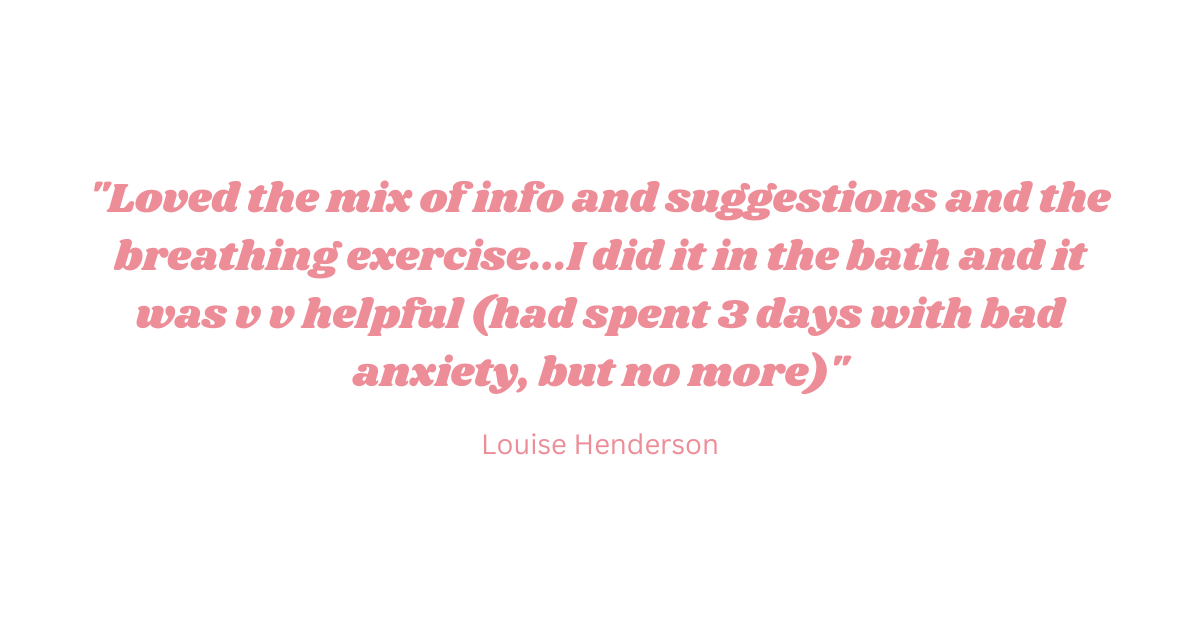Feeling guilty about neglecting your New Year’s resolutions? Don’t sweat it.
Most of us tend to overestimate how much a new calendar year can change our lives. When actually, it’s a pretty arbitrary marker of time passing, which doesn’t magically transform us into a new person.
That’s not to say we have to abandon New Year’s resolutions altogether—it can be a helpful time to reflect on healthy changes we can introduce to our daily lives, or look ahead to the future.
We just need to get a little better at goal-setting.
Why do we fail to stick to our goals?
There are all sorts of reasons we humans fail to stick to new habits or achieve our goals. Like…
Fear of failure (or success!)
Lack of motivation or commitment
Having too many goals
But one of the biggest reasons is that we don’t have the right goal-setting process. We don’t set goals from a place of self-awareness, properly plan for how we’re going to achieve them, or have a system for holding ourselves accountable. In other words, it’s not enough to just write a list of goals and expect them to materialise!
And trust us, we’ve been there, done that. So we’ve consulted our psychologically-trained coaches to share an effective goal-setting process you can start using right away.
Here are our top tips for hitting your goals.
1. Cultivate self-acceptance.
OK, this one’s not an overnight fix. But setting goals from a place of self-acceptance is crucial.
In order to create change, rather just than setting a resolution and hoping for the best, we're likely to be more successful if we take the time to think about the underlying thought processes behind that goal—is it coming from a place of self-criticism and the notion that we'll be "better" in some way once we reach it?
For example, you might set a goal to go to the gym every day, based on comparing your body to people you see on Instagram. In this case, your inner critic is calling the shots.
To achieve our goals or stick to a habit, we need to approach them with self acceptance. So don’t let your inner critic set goals for you. Set them from a place of appreciation for yourself - present and future - instead.
2. Know your strengths and shadows.
A key thing to think about when fostering self-acceptance is that every trait has a strength and a shadow side. By observing how the thing we want to change also serves us, we can soften the criticism we direct at ourselves in relation to it.
Going back to exercise example, you might think about why you haven’t gone to the gym every day until this point. It could be lack of motivation or laziness. But it might also be that you struggle to find time or you’ve been giving your body a break in between classes. These are perfectly valid reasons that have served you—making time for other important things and letting your muscles recuperate.
Allowing both sides of the trait to co-exist helps us find balance and set more realistic goals.
3. Track your experiments.
Whether you want to form a new habit or work towards a long term goal, try to see it as an experiment, rather than a fixed resolution. Use it as an opportunity to get to know yourself, rather than being preoccupied with success or failure.
To do this, start an ‘experiment tracker’ to keep a record of your goals. It could be writing in your journal or having a daily conversation with a friend.
Take note of how you feel towards your resolutions, how you’re responding to your traits and how you feel towards yourself.
Unlock more insights and tools in our guide
Hopefully, this post has got you thinking about the way you’re setting goals. If you’d like to dive deeper, we’ve put together a psychological guide to effective goal-setting, which you can download here.
You’ll learn about all the above in more detail, with breathwork exercises, journaling prompts and guidelines for your experiment tracker to help you work through each step.
How do you approach goal setting? Do you think you’ll try any of the methods mentioned in this post? We’d love to hear from you in the comments.
And don’t forget to subscribe if you haven’t already. We’ll be back on Sunday.








